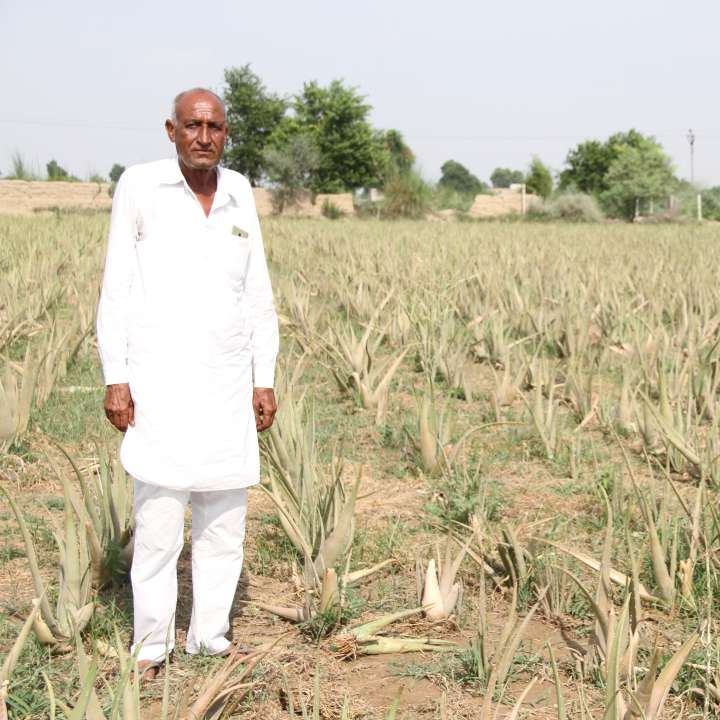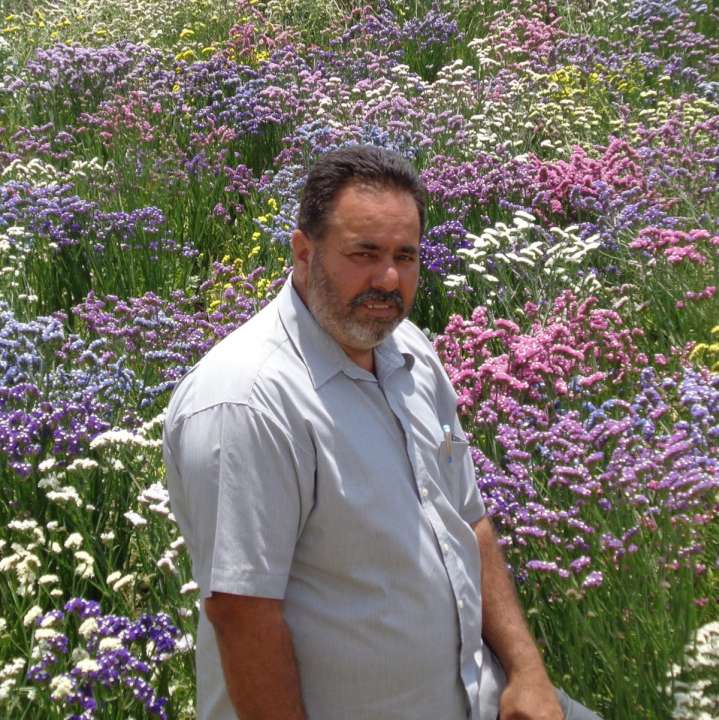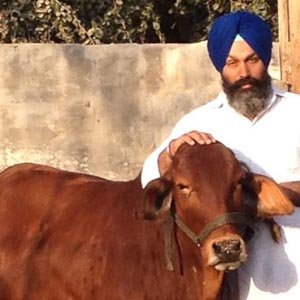The Futuristic Farmer of Rajasthan Bringing Changing Tides in Conventional Farming Trend with Aloe Vera Farming
Even today also Rajasthan is known for its conventional farming methods, and the main crops that are grown there are Bajara, Guar, and Sorghum. Many farmers are progressing but still, many farmers are there who just don’t want to come out of their stereotypical conventional farming trend. One such a person who is trying to do something out of the box and bring a changing tide in agriculture field is Raja Ram Jakhar.
Born and brought up on the land of Rajasthan, Raja Ram Jakhar is a B.Sc. Agriculture Graduate who left his government job just to pursue his passion towards farming. He learned to take advantage of the opportunity and gain profit from it. And today he is a successful aloe-vera farmer in Rajasthan, who is not dependent on anyone for marketing because his produce is sold to the consumers from his farm only.
Rajaram Jakhar’s family was associated with agriculture from the beginning. And all his childhood, he had seen all his family members doing farming only. But after completing his B.Sc. Agriculture degree from the DAV College of Sangaria, Rajasthan in 1980, he got a chance to pursue a different profession (Supervisor at Central State Farm, Suratgarh). However, he wasn’t able to work there more than 3-4 months, because it doesn’t interest him and he chose to come back and continue his ancestral occupation, farming.
He started farming in the same way his ancestors were doing and there was no major profit that he achieved. Slowly it was getting difficult for him to manage his family livelihood, they were just living from hand to mouth. But then he heard about Patanjali brand and its aloe vera products, and to manufacture those products Patanjali needs aloe-vera produce in bulk. So he took advantage of this opportunity and started aloe-vera farming by making minimum Rs. 15000 of investment in 1 bigha of variety “Babie Densis”.
During all this, once his family also went against his decision of aloe-vera farming, because they were unsure of what he was doing, and at that time he was the first one to start aloe-vera farming in his area (Ganganagar District). But he never changed his mind, because he was confident of himself. After one year, when finally aloe-vera plants were ready, few buyers contacted him for buying his produce, and since then he is selling his produce without making any extra effort from his farm only and is earning 1 Lakh from 1 Bigha in 1 Year.
As there are many factories in Rajasthan for Aloe-Vera processing, so every after 50 days two trucks are sent to his farm by the buyers to purchase his produce and he just has to load the produce in the truck with the help of the workers. Now he has started inter-cropping and has planted moringa tree in the aloe-vera field to take advantage in a better way.
Currently, he is living happily with his family (wife, three daughters and one son) and is managing the whole farm on his own. He has one tube well and tractor for framing. He strictly follows organic farming in his farm for aloe-vera, moringa, and cotton. Along with aloe-vera, moringa and cotton he has also planted vegetables like okra, ridge gourd, cucumber, bottle gourd, guar beans and other seasonal vegetables for home use.
Rajaram Jakhar chose Moringa for inter-cropping because of its medicinal properties and it is easy to grow with little care. Now he has also started selling plants and giving free training to farmers who want to start aloe-vera farming. Rajaram Jakhar with his futuristic views is trying to bring a new revolution in the agriculture field. Till now he has taken no help from government or any other source, he has done everything on his own. His upcoming plans are to expand his work and make more farmers aware to start aloe-vera farming.
MESSAGE TO FARMERS
“Before starting any new thing, a farmer should search the market first and then start farming. There are many opportunities from which farmers can take advantage and they should never miss that.”










